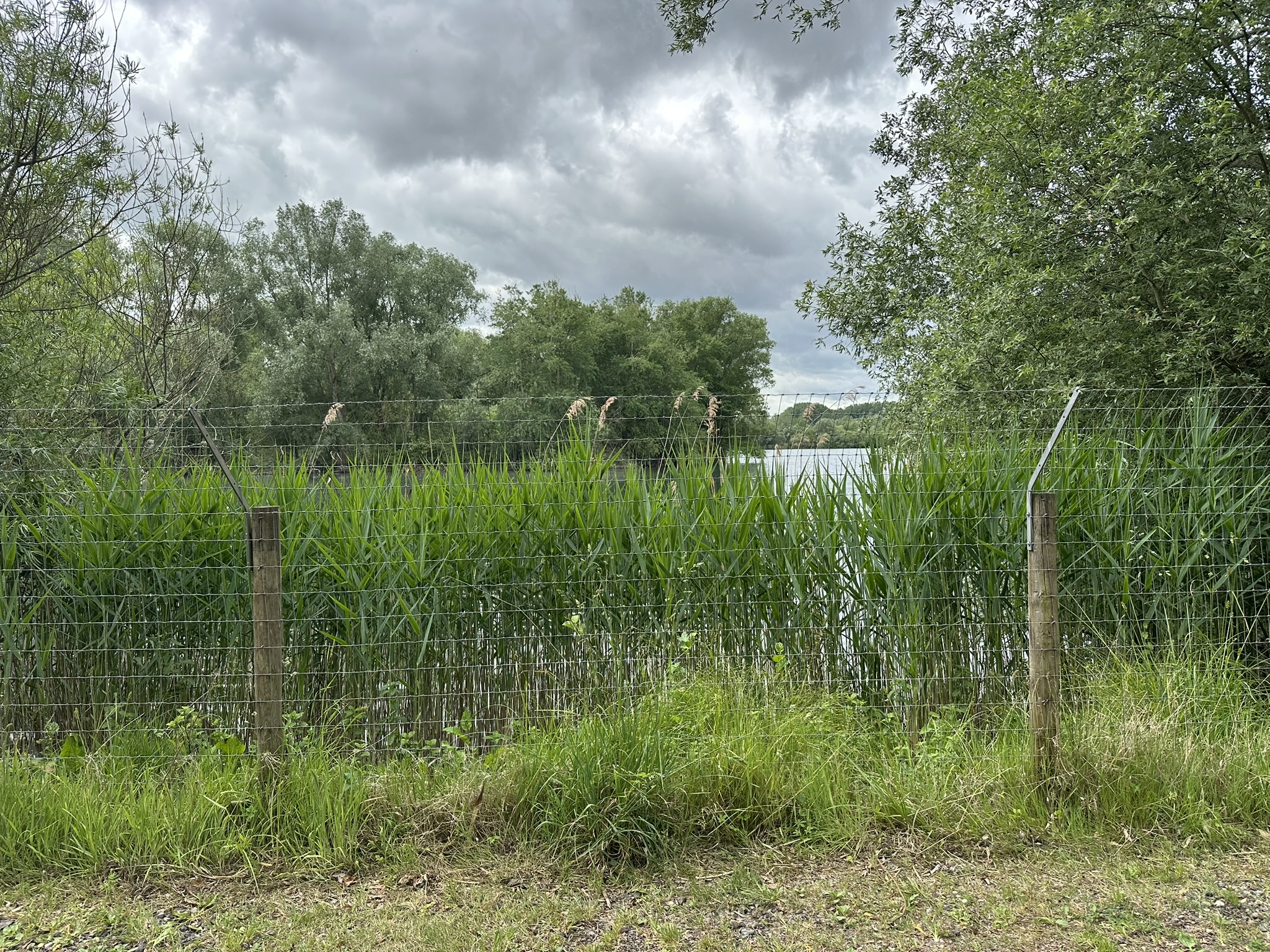Otters vs Anglers: Menace or Misunderstood?
Posted on May 29, 2025
Picture the scene. You’re an angler. You’ve lovingly and regularly caught a 50lb carp named Barry for half a decade. Barry’s more than a fish—he’s a legend, a slippery mirror carp with a fan base and a gut a barstool bullshitter would envy. Then, one frosty morning, you find poor Barry half-eaten on the bank, looking like he’s been on the wrong end of a knife fight with a furry torpedo.
Enter the otter, Britain’s aquatic comeback kid and the alleged Public Enemy Number One for many in the angling world, particular those who fish in lakes so well stocked, you could walk across them like you are Jesus.
So is this sleek little fish-muncher really to blame for the woes of UK fisheries? Or are we scapegoating a native predator for deeper problems (while conveniently ignoring all the sewage in just about every UK river you can think of)?
Luckily for you, I have done some research.
Why Anglers Are Up In Arms (Or Waders)
Otters, you see, have a bit of a taste for fish. Which wouldn’t be so bad if they didn’t also have a taste for very expensive, heavily pampered, photographed-with-pride fish in commercial fisheries and syndicate lakes.
They have developed a taste for specimen fish like carp, barbel, and tench—the piscine equivalent of supermodels—which makes them prime targets. They aren’t concerned that Barry the carp has a cult following on Facebook; to them, he’s just lunch. The loss of such prized fish brings not only emotional distress to anglers but also financial strain to fisheries that rely on these big-name catches to attract paying visitors. When otters turn these valuable assets into snacks, it translates to lost revenue. To make matters worse, the remaining fish often become uncooperative, spooked by the predators into retreating to deeper waters where they sulk and refuse to bite—how rude.
To many anglers, especially those running well-stocked still waters, otters are not majestic wildlife—they’re furry burglars with a taste for trophy fish.
What Science (That Pesky Thing) Has to Say
Let’s sprinkle in some actual evidence. Otters are native to the UK and were nearly wiped out in the 1960s, thanks to a potent mix of industrial pollution, habitat destruction, and our general knack for wrecking the environment. After decades of decline, they’ve made a remarkable comeback—a triumph for conservation, though not everyone’s celebrating.
For some anglers, being told the otter is a protected species is like being told your burglar is a “cultural icon.” Scientifically speaking, otters rarely cause fish populations to collapse. Their diet is varied—eels, amphibians, crayfish, small fish—and only occasionally do they indulge in a big, slow-moving fatty when one happens to wander too close.
Problems, when they occur, tend to be localised: small, enclosed fisheries packed with large fish and nowhere to hide. In those cases, it’s less a balanced ecosystem and more an all-you-can-eat buffet with no fire exit. So yes, otters eat fish. No, they’re not systematically ruining rivers across the country.
Dwindling Stocks
If you’re worried about dwindling fish stocks, it might be time to look a little further upstream—literally. Our rivers are being treated to a heady cocktail of raw sewage, agricultural runoff, and water abstraction, creating conditions better suited to mutant algae than healthy fish populations. It’s less “freshwater paradise” and more “dystopian soup.”
And let’s not forget the supporting cast of ecological chaos: habitat loss, invasive species, climate change, and some truly inspired river mismanagement. These are the heavy hitters when it comes to fish decline. But sure—by all means, let’s keep blaming the otter. Clearly, it’s the one pulling the levers at the Environment Agency.
So, What Can Be Done?
If you’re running a fishery and want to prevent your prize-winning carp from becoming a snack with whiskers, don’t despair—there are options. Otter-proof fencing might not be cheap, but it works, even if it does turn your venue into a 1970’s Pontins. It looks ugly, but so is a carp stuffed with boilies, so think of it as a security system for your scaly valuables. Fish refuges, essentially underwater panic rooms, also give fish a fighting chance when danger approaches.
Then there’s the matter of fishery management. Stocking big, slow, overfed fish in a shallow pond with no cover is basically a dinner invitation for predators. It’s the wildlife equivalent of opening a bakery next to Eamon Holmes’s house. A little strategic planning goes a long way. But let’s not pretend fishing for carp that would make a sumo wrestler blush, is environmentally friendly.
Final Word: Otters—Villains or Victims?
So, are otters causing problems? In some enclosed fisheries, absolutely. Losing high-value fish hurts, emotionally and financially. Anglers have every right to be frustrated when Barry or Joan have been caught for 90th time, only on this occasion by Oscar the Otter.
But a national crisis? Do me a favour. In wild rivers and broader ecosystems, otters are part of the natural order—scaly appetites and all. The real threats to fish stocks are what we’re flushing, pouring, and draining into the waterways, not what’s swimming through them with a twitchy nose.
Blaming otters for collapsing fish populations is a bit like blaming your dog for the housing crisis. Sure, they’re there, but they didn’t draft the policy. So next time you spot an otter, take a breath. Maybe it did eat Barry the beloved carp—but Barry had a good run, the fat fucker.
And unlike some people, the otter didn’t flush a wet wipe into the Wye or pay itself a million quid for flushing raw turds in the River Test.

Got something to say?